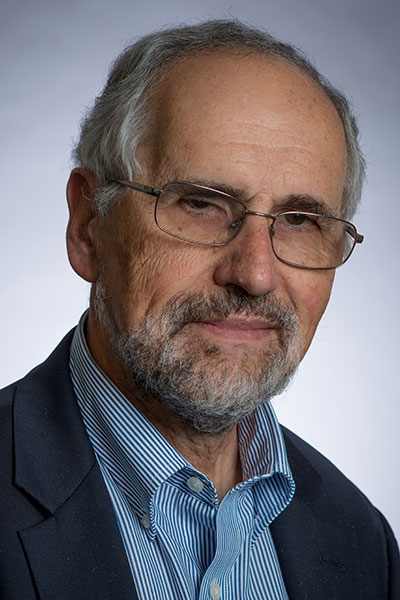
Professional Interest Group Discussion on Public Health and Epidemiology—Have We Succeeded in Type 2 Diabetes Primary Prevention? A Debate
Monday, June 26, at 11:30 a.m. PT
Ballroom 6D-E
San Diego Convention Center
Presentation: Pro: We Have Succeeded in Type 2 Diabetes Primary Prevention

Pablo J. Aschner, MD, MSc
Scientific Director,
Asociación Colombiana de Diabetes
What is your presentation about?
I am participating in a debate on whether we have succeeded in type 2 diabetes (T2D) primary prevention. I will argue that we have succeeded mainly in producing enough evidence from RCT to demonstrate that it is possible with lifestyle changes in people with impaired glucose tolerance (type 2 diabetes can be prevented in more than 50%). Oral glucose lowering drugs can also prevent type 2 diabetes to a lesser degree. We have also succeeded in developing and validating risk scores that can be used at the population level to identify people at high risk. Awareness of this risk has increased considerably around the world and there are now many studies proving that primary prevention of type 2 diabetes is feasible in real life with lifestyle interventions based on the results of RCT. Some countries have incorporated screening and lifestyle interventions to prevent T2D in their health care system. Most type 2 diabetes guidelines are now addressing this issue. Unfortunately, other interventions seem easier (but not as effective) and have become more popular in general clinical practice, such as the use of metformin. So the glass is half full but needs to be completed.
What makes this topic important in 2023?
Primary prevention of type 2 diabetes is probably one of the best approaches to reduce the alarming increase in the number of people with diabetes around the world and reduce the huge burden of this disease.
How did you become involved with this area of diabetes research or care?
I have been involved in creating the World Community for the Prevention of Diabetes (WCPD) and I am now also involved in a real life intervention study in my country to prove its feasibility in an underserved community.
How do you think your presentation will impact diabetes research or care?
I hope it will increase awareness of the need to develop programs for the primary prevention of type 2 diabetes and stimulate research in methods to make them feasible, especially in low and middle income countries.
What are you most looking forward to at the 83rd Scientific Sessions?
I am looking forward to exchanging our experiences in this field with other groups and to learn about recent advances in the treatment of diabetes and its complications.